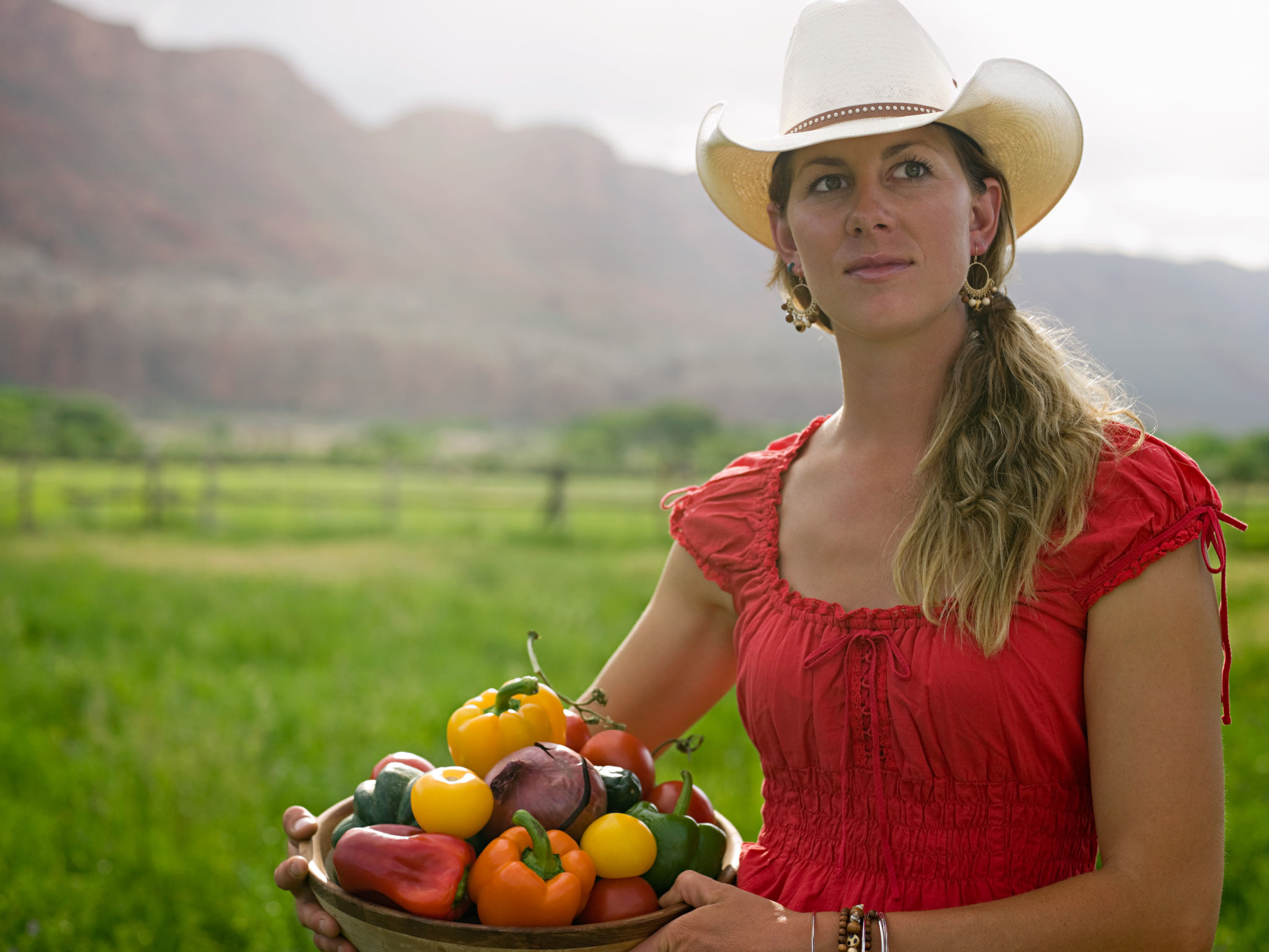Common Myths About Organic Farming Debunked
Understanding Organic Farming
Organic farming is a practice that has gained significant popularity over the years. It emphasizes sustainability, environmental conservation, and minimizing the use of synthetic inputs. However, several myths surround organic farming, often leading to misconceptions. This article will shed light on some common myths about organic farming and provide clarity.

Myth 1: Organic Farming Is Completely Chemical-Free
One of the most pervasive myths is that organic farming does not use any chemicals. While organic farmers avoid synthetic chemicals, they are permitted to use natural pesticides and fertilizers. These substances are derived from natural sources and are regulated to ensure they do not harm the environment. The focus of organic farming is on using safe and sustainable methods to control pests and nourish the soil.
Myth 2: Organic Farming Cannot Feed the World
This myth suggests that organic farming cannot produce enough food to meet global demand. However, research indicates that organic farming can be productive. Studies have shown that with proper management and techniques, organic farms can yield comparable amounts of produce as conventional farms. Additionally, organic farming enhances soil health, which can lead to better long-term productivity.

The Economics of Organic Farming
Another common misconception is that organic farming is economically unviable. Critics often argue that the costs associated with organic farming are too high. While it's true that organic products can be more expensive due to labor-intensive practices and certification costs, the demand for organic products continues to grow. This demand creates a lucrative market for organic farmers.
Myth 3: Organic Foods Are Always Healthier
There is a widespread belief that organic foods are inherently healthier than conventional options. While organic foods reduce exposure to pesticides and synthetic additives, this doesn't automatically make them more nutritious. The nutrient content in food is influenced by various factors, including soil quality and farming practices. Thus, while organic foods offer certain benefits, they should not be solely relied upon for nutritional superiority.

The Environmental Impact of Organic Farming
Organic farming is often praised for its environmental benefits, but some myths undermine its positive impact. It's crucial to understand the genuine environmental advantages of organic practices.
Myth 4: Organic Farming Has No Environmental Impact
Organic farming does have an environmental impact, but it tends to be less harmful compared to conventional methods. By avoiding synthetic inputs and emphasizing crop rotation, cover cropping, and biodiversity, organic farming helps improve soil health and reduce pollution. However, like all agricultural practices, it requires resources and can have localized effects on ecosystems.
In conclusion, while there are common myths surrounding organic farming, understanding the facts can help consumers make informed decisions. Organic farming plays a vital role in promoting sustainability and environmental health while providing consumers with quality products.